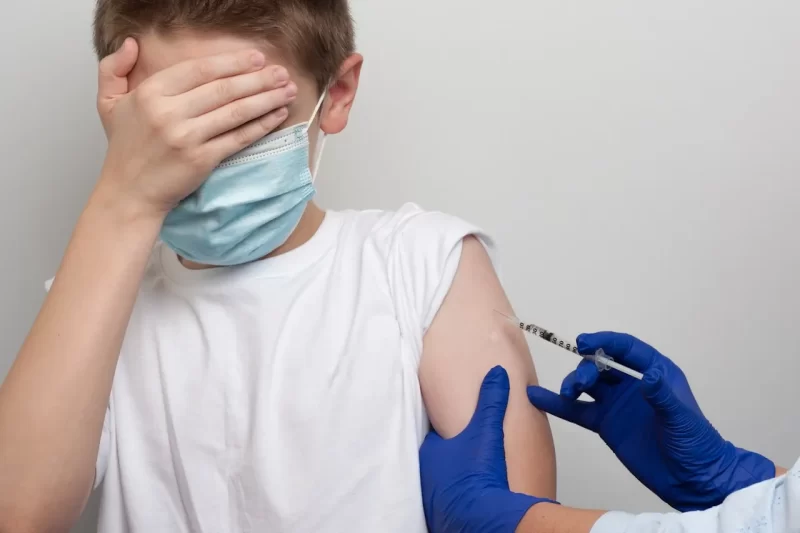
The debate surrounding mandatory vaccinations is far from over. Recently, the Florida Surgeon General announced plans to end vaccine mandates, sparking a heated discussion about individual rights versus the well-being of the community. This decision raises crucial questions about the balance between personal freedom and collective responsibility, particularly when it comes to protecting vulnerable populations.
Dr. Marc Siegel, a prominent medical expert, strongly disagrees with the Florida Surgeon General’s stance. He argues that while individuals have the right to choose whether or not to vaccinate themselves, this choice shouldn’t infringe upon the safety of others, especially those who are immunocompromised and unable to receive certain vaccines. Siegel highlights the MMR vaccine as a prime example: its proven safety and effectiveness in preventing the spread of measles, mumps, and rubella make school exclusions for unvaccinated children a justifiable measure to protect vulnerable classmates.
The argument becomes more nuanced when considering vaccines that don’t entirely prevent transmission, such as those for the flu or COVID-19. Even in these cases, Siegel points out that the reduction in disease severity afforded by these vaccines significantly reduces hospitalizations and deaths, offering crucial community-wide benefits. This is particularly true for at-risk individuals, with a noticeable impact in the first few months after vaccination. The benefits of these vaccines, even if not fully preventing spread, clearly outweigh the risks.
Siegel’s position is reinforced by the example of Operation Warp Speed, a remarkable public-private partnership that rapidly developed and deployed COVID-19 vaccines. He credits this initiative with saving millions of lives globally and underscores the critical role of vaccination in public health. While acknowledging the importance of ongoing data scrutiny, transparency, and a careful consideration of which vaccines should be mandated, he emphasizes that politics should never overshadow the fundamental purpose of vaccination: safeguarding both individual and community health.
The Florida Surgeon General’s decision highlights a complex ethical dilemma. Balancing personal liberty with community protection requires careful consideration of the specific context and the potential consequences of each choice. The debate is far from settled, but Dr. Siegel’s perspective offers a powerful reminder of the crucial role vaccines play in protecting the most vulnerable among us.










